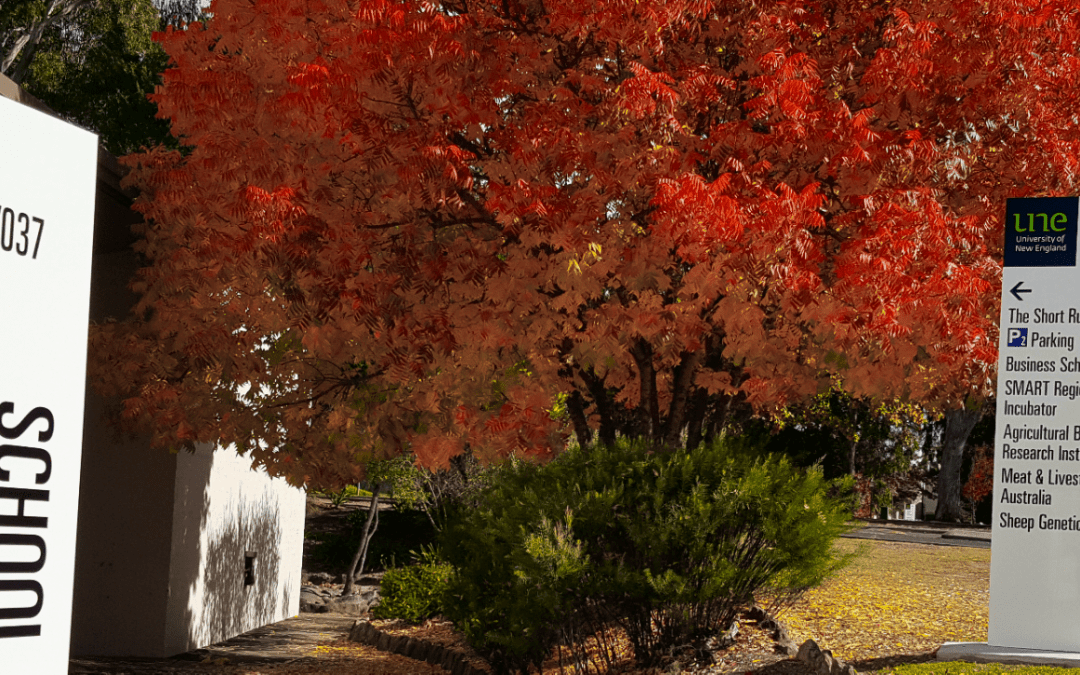Identifying Tax Aggressive Behaviour of Corporate Taxpayers
Professor Kerrie Sadiq, Faculty of Business and Law, Queensland University of Technology
In this Kirby seminar, Professor Kerrie Sadiq will discuss the ways in which tax scholars have attempted to identify and measure corporate tax aggressiveness. Her study discusses the numerous different proxies that have been used, each with different characteristics as well as perceived advantages and disadvantages. Specifically, the two common proxies that allow for a continuous ranking of corporate taxpayers, effective tax rates and book-tax differences, are examined, along with dichotomous proxies such as a presence in a harmful tax regime and involvement in tax disputes. The study then evaluates the application of the different proxies to the ASX200 to determine whether there is any consistency in the manner in which they estimate the tax aggressiveness of large publicly listed corporate entities. The findings indicate that there is little correlation of results from the 14 continuous proxies. Nor is there a significant correlation between companies identified as tax aggressive using the continuous proxies and those identified as tax aggressive using the dichotomous proxies.
Kerrie Sadiq holds the position of Professor of Taxation in the School of Accountancy at the QUT Business School, Queensland University of Technology. She is a Senior Tax Adviser to the Tax Justice Network (UK), a Chartered Tax Adviser as designated by the Taxation Institute of Australia, a CPA and a CA. Kerrie is also an ARC Future Fellow 2022-2026. At QUT, Kerrie is a member of the Accounting for Social Change research group and the Centre for Decent Work and Industry
Kerrie’s research expertise are in the areas of international tax, tax expenditures and capital gains tax. She is the co-editor of Australian Tax Review, an internationally recognised leading academic tax journal. She is author of publications in both Australian and International journals and edited books and is a co-author of taxation texts. Kerrie is often cited in the media in relation to international tax issues and regularly receives invitations to speak on contemporary tax topics.
Recent work has been specifically on issues in international tax, such as transfer pricing, the OECD’s approach to base erosion and profit shifting (BEPS), Australia’s role in the G20 and the BEPS project, and automatic exchange of tax information. Kerrie has written balanced articles on BEPS for The Conversation, as well as writing and presenting findings for the Committee for Economic Development of Australia (CEDA) and appearing before the 2015 Senate Inquiry into Corporate Tax Avoidance.
Prior to joining Queensland University of Technology, Kerrie was an academic at The University of Queensland as a member of both the Law School and Business School.
Via Webinar Wednesday 22 September 2021 1pm AEST
If interested and to obtain a link, please register for this Kirby Seminar at:




